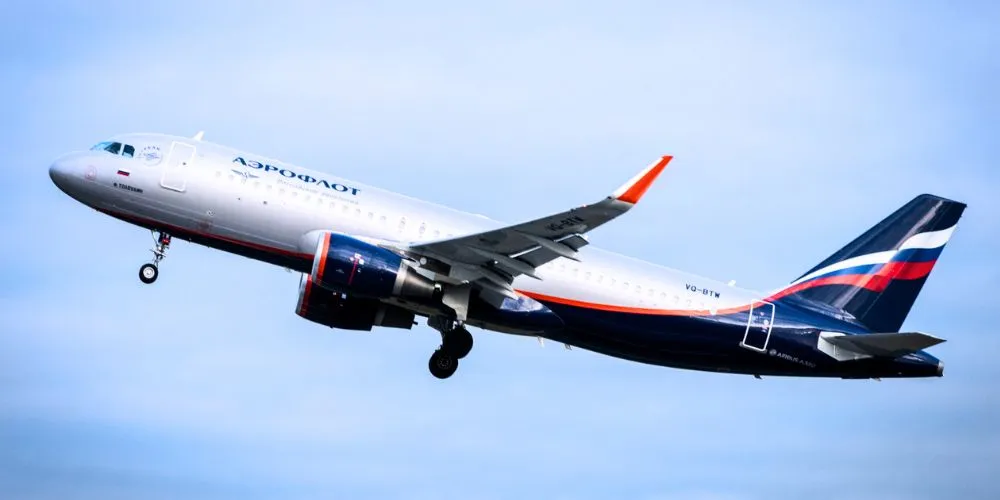Russia has allocated more than $12 billion in state subsidies and loans to support its aviation industry following Western sanctions imposed after Moscow invaded Ukraine. The nation, heavily reliant on foreign-made aircraft, is now confronted with the challenge of developing its aviation sector independently, using domestically sourced components.
As of March 2022, Western aviation giants Airbus and Boeing ceased providing services, spare parts, and regular maintenance support for Russia’s flagship carrier, Aeroflot, and other Russian airlines. Since then, Russia has committed 1.09 trillion roubles ($12.07 billion) to support the civil aviation industry, covering aircraft manufacturing and financial aid for airlines. This expenditure surpasses the 547 billion roubles spent during 2020-21, a period marked by a significant reduction in air travel due to the COVID-19 pandemic.
Russian President Vladimir Putin acknowledged the strain on the fleet, predominantly composed of foreign-made planes, emphasizing the need to produce more than 1,000 domestically manufactured aircraft by 2030. Russian airlines operate 991 aircraft, with only 133 being Superjets from state-owned United Aircraft Corporation (UNAC.MM). Other domestically produced models, such as Tupolev, Yakovlev, and Ilyushin, are rarely utilized for commercial flights.
Despite doubts from Western aviation analysts about Russia’s ability to swiftly return its aircraft to Western markets, Moscow has committed to supporting aircraft manufacturing as a vital industry, focusing on sales, production capacity expansion, and post-sales service development. Russia’s aviation industry’s reliability is crucial for domestic and international transportation, showcasing Moscow’s narrative that sanctions have had minimal impact.
Russia has tapped into reserve funds to compensate airlines for losses due to surging jet fuel costs, with the National Wealth Fund (NWF) playing a substantial role in funding aviation spending. The government has implemented a grey import scheme, allowing airlines to import spare parts through third countries without manufacturers’ consent, aiding in keeping Western jets operational.
Concerns persist about aircraft safety due to losing foreign parts and maintenance expertise, prompting some airlines to strip airplanes for parts. Russia’s strategic spending plans include allocating at least 711 billion roubles to achieve technological independence from foreign suppliers, reflecting a commitment to securing the nation’s aviation future. As of now, Aeroflot, the transport, and finance ministries have not provided comments on these developments.





